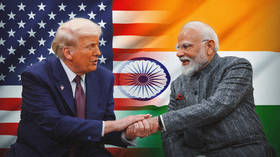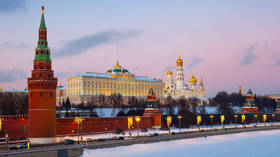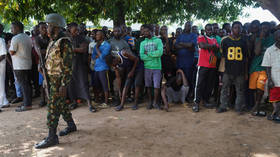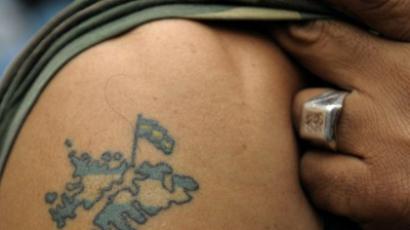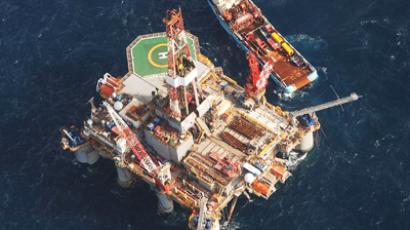Falklands dispute: National pride with oil in mind
Thursday marks the 30th anniversary of the end of the Falklands War. Political analyst Martin McCauley says he expects the islanders to show overwhelming support for staying with Britain at the 2013 referendum announced by the island's government.
The UN decolonization committee is also set to meet on the issue shortly, as Argentina and the UK, three decades on, are still at loggerheads over the sovereignty of the south Atlantic islands.RT: The UN committee has previously criticized Britain's policy on the Falklands, but London has shown little willingness to listen. Is anything likely to come out of today's meeting which could shift the way this issue is going?Martin McCauley: No, I don’t think so, because the British position is very, very firm. It’s up to the citizens, the 3,000 citizens on the Falkland Islands, to decide their own fate. If they wish to remain British citizens – and apparently there’s going to be a referendum next year – they can do that, or they can choose to become a province of Argentina. From Britain’s point of view, the sovereignty rests with the people of the Falklands.RT: What do the islanders hope to achieve with this referendum?MMcC: They hope that, in fact, this will establish the legitimacy of the islands as a part of Britain. And that the people will vote, it was 95 per cent – that is a very strong vote in favor of remaining a part of Britain and not choosing to be a part of Argentina. And it’s, if you like, a signal to Buenos Aires that the Falklands, or, as the Argentinians call them, “Las Malvinas”, wish to stay part of Britain and don’t wish to become a province of Argentina.RT: A British foreign office minister, Jeremy Browne, is currently in the Falklands, officially to mark the war. But is there something more to his visit?MMcC: If you look at the language which is coming from Buenos Aires, the Argentinian government is using very, very strong language – and some people might say “threats” – about the security of the Falkland Islands. They are claiming it very, very strongly. The British minister will then say: “Right, we are behind you. We are going to defend you here.” And this will be a clear signal to Buenos Aires that Britain will defend the Falkland Islands if in fact they are attacked by Argentina again.I want you to remember that the Falklands are something like 500 kilometers from Argentina – it’s quite a long way – and that the Falklands had been owned or claimed by Spain, Britain, France, and even the Dutch; and the Argentinian claim is a very thin one. But Argentina is concerned about its statute. It’s concerned about oil and gas which lie under the water there. The Argentinians have discovered oil and gas in Patagonia in Argentina, and it is possible that that extends right through to the Falklands. And British companies prospecting for oil and gas are on the Falklands. So if they find oil and gas, then that makes that area strategically and economically very, very important and, of course, very, very wealthy.


